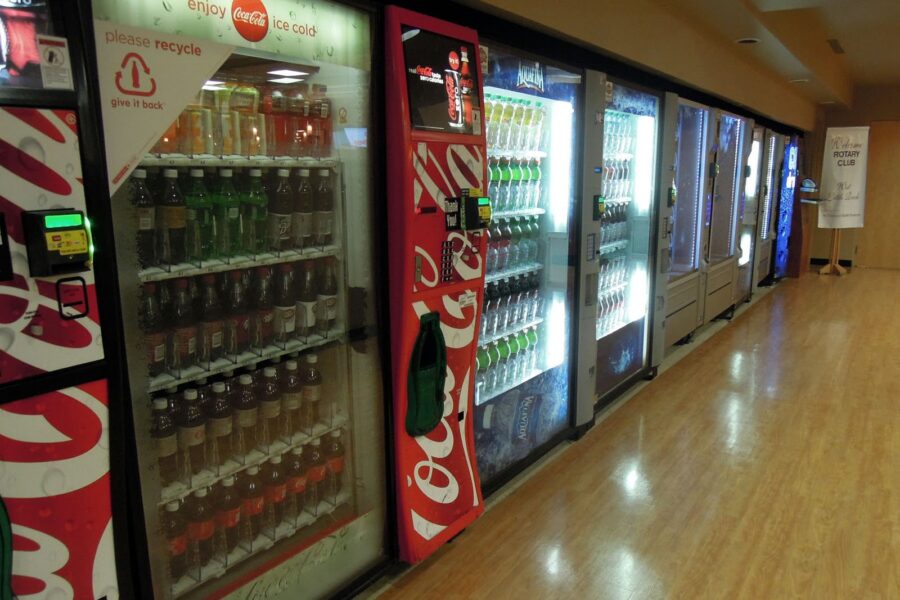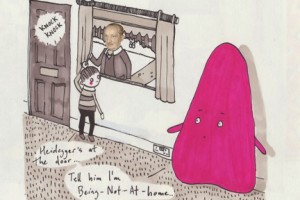I’ve always thought of Lust as only having to do with sex. It was always held up for me as the opposite of purity, chastity, virginity. When I think about it now, I realize that this narrow definition has actually become quite a convenient for me as a 21st Century American Christian. In limiting the term to only having to do with sex, I’ve conveniently blinded myself to other areas affected by Lust in my lives everyday. What Lust really is, is not just porn or wanting to have sex with someone in your mind; rather it is the process of constantly wanting something in an unchecked manner and thinking that by getting that something your life will become just a tiny, tiny bit better. In light of this broader definition, Lust for me can look like eating a third plate at dinner, even though I don’t need to eat a third plate. I no longer want to eat to fuel my body, or even to appreciate the flavor or time it took to prepare the meal. I want a third plate because it feels good to eat the food and therefore I will eat a third plate, even at the expense of my own body and health.
We live in a culture that thrives off of stirring up desires in us. Commercials, neighbors, and friends all fuel a never-ending stream of what philosopher Peter Rollins calls “If Onlys”. “If only I had a new car, my life would be better”, or “If only I were married…” or “If only I were single…” This “grass is greener” mentality actually, as Rollins says, leaves us feeling perpetually anxious and forever unsatisfied. We chase and chase and chase, all the while never getting what it is we seek. And it’s not as though these things do not satisfy at all. If they didn’t, we wouldn’t keep coming back to them. The point is that they do not satisfy for long and we must keep finding new things in this search for the cure to our thirst, our wanting.
Rollins in his recent book, The Idolatry of God makes the argument that the Church has added to this cultural vending machine, the idea of God as a being who will make you happy. And so we come to church and sing songs that for a moment make us happy but then that feeling wears off and we have to sing another song and then that feeling wears off and then we tell someone and that person tells us to read our Bible more or pray more to get that feeling and then that wears off and so forth and so on. And so, for Rollins, church on Sunday morning functions the same way the bar does on Saturday night. You go just to get your upper to get you through the rest of a pretty down rest of your week.
But what if God’s role isn’t to satisfy our wants? What if he isn’t the ultimate cure to our obsessive Lust for things and in turn happiness? What would our relationship with God be like if he weren’t just another thing in the vending machine that we purchase to make our lives better? What if life isn’t meant to get any better? What if we just have to learn to be content with that?
These are the questions I believe we should be asking ourselves as we take a step back from the ideologies that hang over us as we eat, as we sleep, as we go to work and go to church. Perhaps our God isn’t God at all; perhaps, as Rollins would suggest, we’ve turned God into another object to park beside the Lexus in our garage. If this does turn out to be the case for many of us, then as a Church, we have some serious de/re-constructing to do.





Leave a Reply
Your email is safe with us.